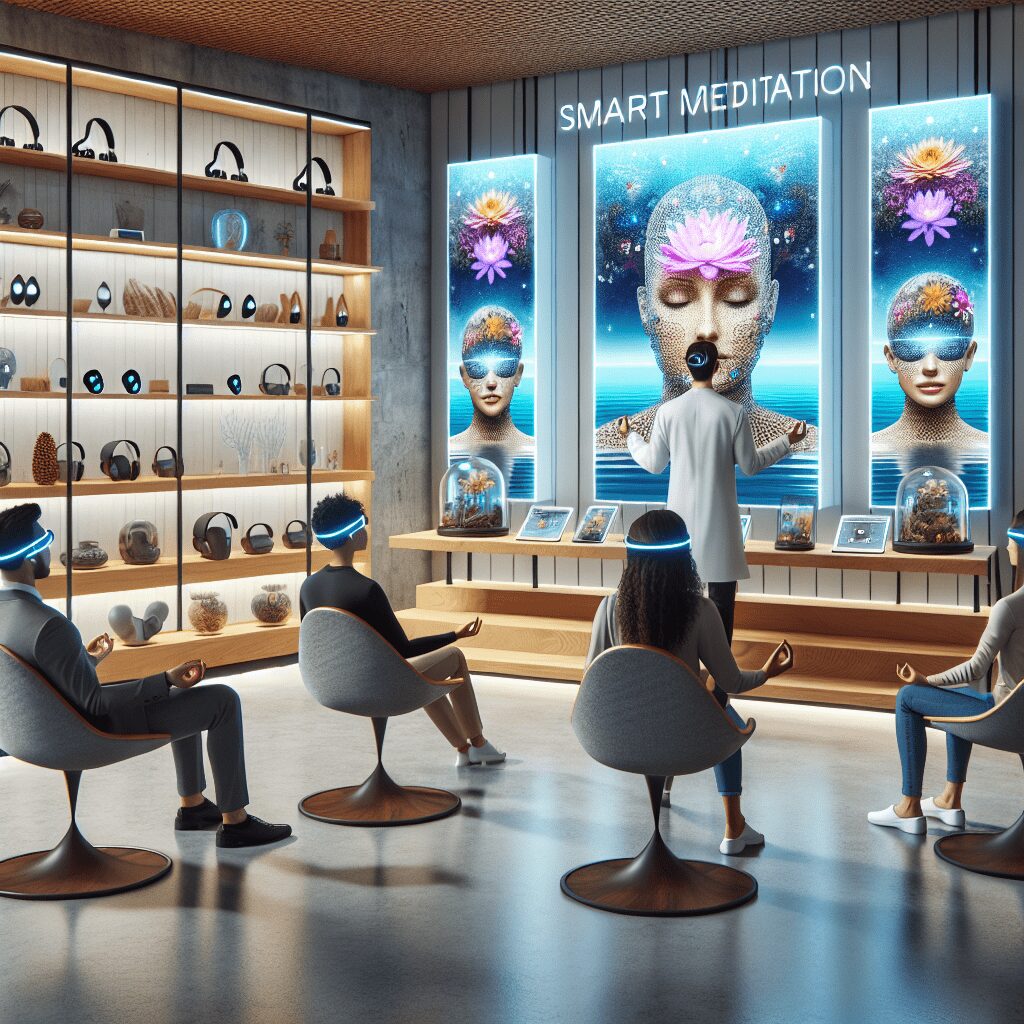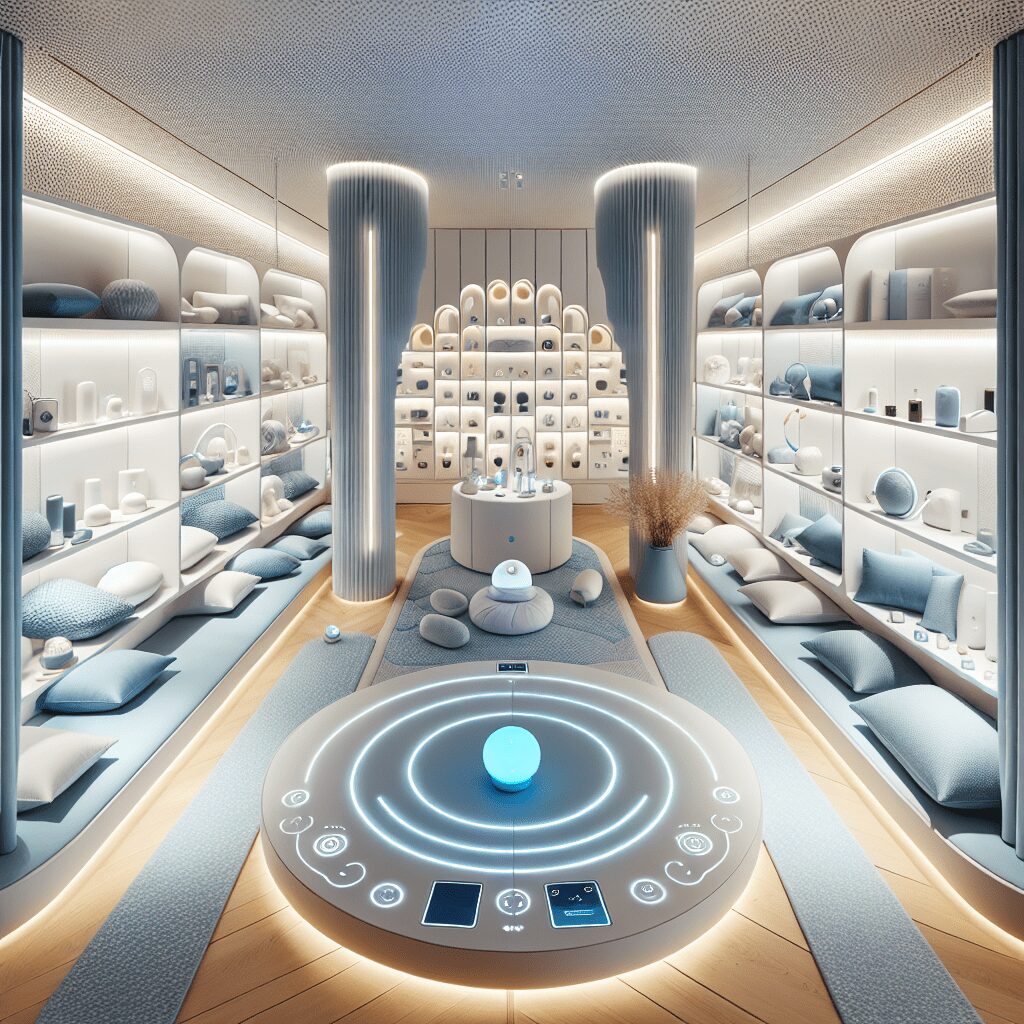
Prioritize your mental well-being daily. Enhance your life by nurturing your mental health with the Smart Meditation app. Break free from stress, alleviate anxiety, and enhance your sleep quality starting today.
Do People In Africa Have A Sleep Deprivation Problem?
Unveiling the Veil of Night: Africa’s Battle with the Sandman
In the tapestry of global health concerns, sleep doesn’t always snag the spotlight. Yet, a closer look reveals a nuanced narrative, especially when eyes turn towards Africa. Far from being a monolith, this vast continent with over 1 billion denizens is a mosaic of cultures, environments, and, indeed, sleep patterns. Let’s delve into whether Africa is grappling with a shadowy specter – sleep deprivation.
The Myth and the Matter
To the uninitiated, sleep deprivation might seem like a malady reserved for the overworked denizens of bustling metropolises, but it’s not an issue confined by geography or prosperity. It stretches its drowsy fingers far and wide, touching lives from Cairo to Cape Town. So, is Africa losing sleep over sleep? The answer isn’t as straightforward as one might hope.
-
Urban vs. Rural Dichotomy: In cityscapes, with their neon lights and ceaseless hustle, sleep takes a backseat. Nairobi, Lagos, and Johannesburg buzz long into the night, mirroring sleep issues found in any global metropolis. Conversely, in rural swathes, where the rhythm of life waxes and wanes with the sun, sleep deprivation might not headline the list of concerns. However, challenges such as lack of healthcare, stress from economic conditions, and environmental factors play their parts in disrupting sleep.
-
Economic Strains: Let’s not beat around the bush – poverty bites, and it bites hard into sleep quality. For families worrying about their next meal, sleep may be elusive. Stress, anxiety, and depression, bedfellows of economic hardship, are notorious thieves of sleep.
-
Healthcare Accessibility: In regions where healthcare is as scarce as rain in the Sahara, sleep disorders go undiagnosed and untreated. Obstructive sleep apnea, insomnia, and restless leg syndrome lurk in the shadows, unseen and unaddressed.
-
Cultural Perceptions: In some African cultures, sleep doesn’t get its due respect. Burning the midnight oil might be emblematic of hard work and dedication, leaving ample rest as an afterthought.
Tossing, Turning, and Transforming: Pathways to Better Sleep
So, where does Africa go from here? How does a continent, diverse and vast, begin to wrest back control from the claws of sleep deprivation? The journey is multi-pronged and requires concerted efforts from governments, communities, and individuals.
-
Education and Awareness: Kick-starting conversations about the importance of sleep hygiene can break the cycle of sleep deprivation. Knowledge is power, and understanding the rudiments of quality sleep can empower individuals to make informed decisions.
-
Healthcare Infrastructure: Bolstering healthcare access, including mental health services, can throw a lifeline to those struggling in the night. Diagnosis and treatment of sleep disorders should be integrated into primary healthcare services.
-
Economic Alleviation: Addressing the root causes of poverty might seem like tilting at windmills, but economic stability is a cornerstone of overall well-being, including sleep.
-
Cultural Shifts: Cultivating a culture that values rest just as much as it values productivity can recalibrate societal attitudes towards sleep.
In the grand tapestry of Africa’s narrative, sleep is but one thread, albeit a crucial one. Unraveling the complex interplay of factors that lead to sleep deprivation demands attention, research, and action. As Africa continues to stride towards economic growth and technological advancement, perhaps it’s time to pause and ponder – aren’t sweet dreams worth striving for, too?





